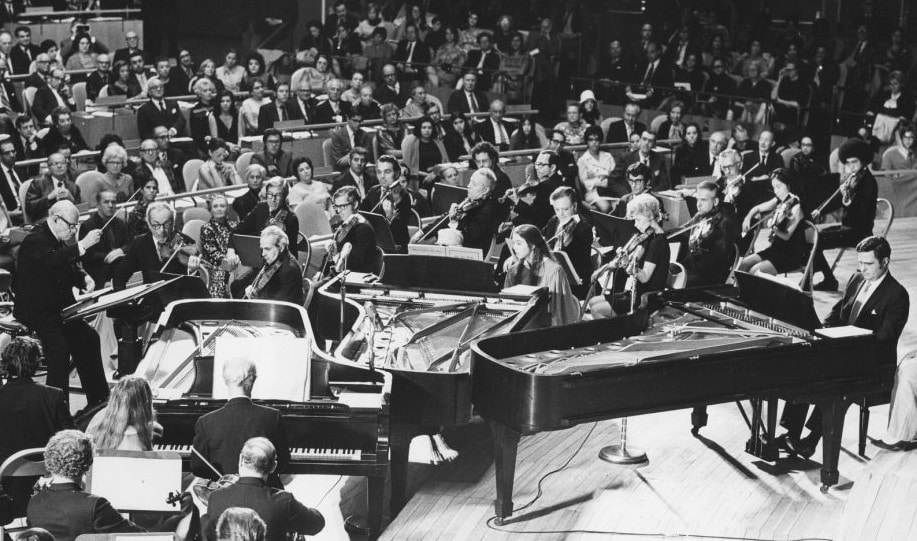Gergiev's mixed doubles
mainPerforming two Mahler symphonies back to back promised to be more an athletic feat than an aesthetic one. By scheduling them at the BBC Proms in the same week as he conducted Salome at the Verbier Festival, Valery Gergiev seemed to be registering early for the triathlon in the 2012 London Olympic Games. A packed house awaited a record-breaking effort.
The fourth symphony was semi-coherent. Gergiev took the opening sleighbells at an artificial plod, promising a few surprises on the bends. But none of his effects seemed particularly interesting, or relevant to what Mahler had in mind. The redeeming facts were the rivetting solos of concertmaster Rainer Küchl, better known as leader of the Vienna Philharmonic, and the soaring, vibrato-free sololiquy of Swedish soprano Camilla Tilling in the finale, a clarity and innocence that seemed perfectly in tune with the composer’s intention.
The World Orchestra for Peace, decorated for its efforts with a UNESCO title, is made of up of principal players from many of the great ensembles, playing without fee. In the fourth symphony, they lacked character and traction.
All changed after the break, when Gergiev led an authoritative account of the fifth symphony which proclaimed its urgency in the opening trumpet call from the Maryinsky’s Timur Martinov and proceeded, briskly and without sentimental indulgence, through the shifting moods of a composer at the turning point in his life. The ending of the third movement sounded emphatically Jewish and the Adagietto was taut with rigour. There was no slackening in the finale, where conductors often come unstuck, and the concluding silence seemed eternal.
This was, beyond doubt, one of the great performances of recent years, and some of the playing was sensational. Unfair as it is to single out a few, I have to mention the horn solos of Gail Williams (Wyoming), the harp playing of Valerie Aldrich-Smith (BBC National Orchestra of Wales), the three trombones – Randall Hawes (Detroit), Pierre Volders (Rotterdam) and Douglas Wright (Minnesota), the Chicago clarinet Larry Combs and every single one of the string players who played as if they had been together all their lives.
Two Mahlers in one night is probably too much for any conductor or audience, but this Fifth will resound long and warmly in my memory bank.





Comments